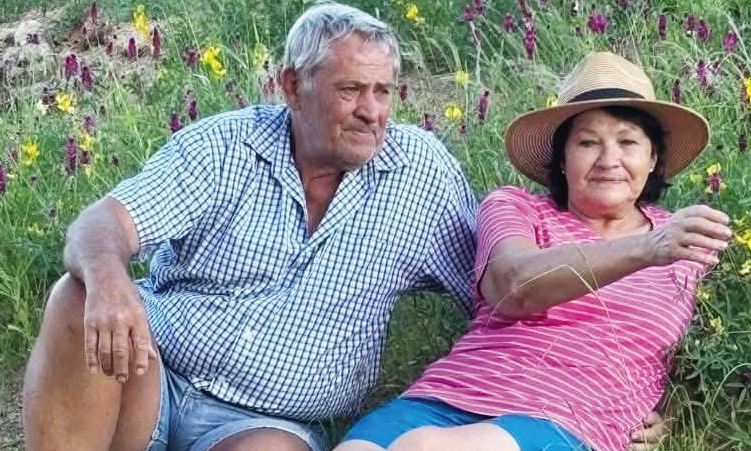A MIX of conventional energy sources like hydropower and coal together with solar and wind power and even nuclear energy would be the best option to secure Namibia’s future electricity needs, experts have recommended in a study.
Launched last Thursday, the 65-page study with the title ‘Planning power: review of electricity policy in Namibia’ was compiled by the local Institute for Public Policy Research (IPPR) and presented to a group of energy experts.Although several electricity policies have been drawn up by Government, the Energy White Paper of 1998 is now outdated and a review is necessary, the study recommends.According to energy expert Detlof von Oertzen, one of the three authors of the study, electricity prices in Namibia are still low compared to other areas in the world and this does not attract foreign investors. ‘Although electricity prices must be cost-reflective by 2011-12 in the country and will rise until then, they are still low. Investments in electricity production in Namibia are necessary and would stimulate the local economy since demand grows by three per cent every year,’ Von Oertzen said.He criticised that so far not a single independent power purchasing agreement has been signed in Namibia. Such agreements are necessary when independent power producers want to set up wind farms or – as the case of Walvis Bay – a coal-fired power station, and those companies want to sell the electricity generated in this way either to NamPower, municipalities or to regional electricity distributors (REDs). Although one or two wind-power projects by foreign investors are in the pipeline, lobbying for large-scale use of wind and solar power in Namibia is not very strong, said Von Oertzen. The director of the Renewable Energy and Energy Efficiency Institute (REEEI) at the Polytechnic, Kudakwashe Ndhlukula, emphasised that wind and solar power have a future in Namibia and could add to the energy mix. He proposed that Government should set definite goals and targets for the development of renewable energies.The Permanent Secretary of the Mines and Energy Ministry, Joseph Iita, said the renewable energy market in Namibia holds great potential. ‘It is currently under-utilised. If this potential is to be exploited more aggressively, investment and market conditions have to be made more attractive. The Government is considering this aspect carefully,’ Iita said.He announced that an Independent Power Producer (IPP) framework had been drawn up and would be in place soon.’IPPs are good for investment, job creation and bring innovation into the sector. You are therefore encouraged to set up IPPs and contribute towards power generation for domestic consumption as well as export,’ the Permanent Secretary said.The IPPR study contains also interviews with Iita and NamPower boss Paulinus Shilamba and it is available at www.ippr.org.na
Stay informed with The Namibian – your source for credible journalism. Get in-depth reporting and opinions for
only N$85 a month. Invest in journalism, invest in democracy –
Subscribe Now!










